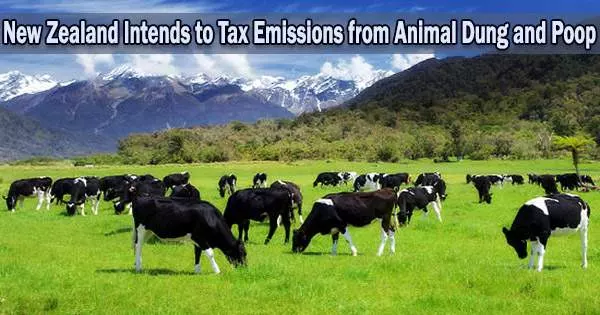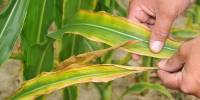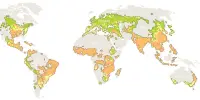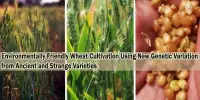In an effort to assist the nation fulfill its climate change targets, New Zealand proposes to charge agricultural emissions, including those related to the burps, urine, and dung of animals, such as cows and sheep.
The aim is for the “agricultural emissions-pricing system” to come into force in 2025. A consultation that will last until November 18 is looking at how levies are determined, transition support, and sequestration, which is defined in the statement as “the act of removing carbon dioxide from the atmosphere.”
According to the government, the levied funds would “recycle back into the agriculture sector through new technology, research, and incentive payments to farmers.”
The idea of introducing such a system by the middle of this decade was contained within an emissions reduction plan published in May 2022, as well as a recommendation published in June by the He Waka Eke Noa Primary Sector Climate Action Partnership.
In a statement Tuesday, New Zealand’s Prime Minister Jacinda Ardern backed the plans. “This is an important step forward in New Zealand’s transition to a low emissions future and delivers on our promise to price agriculture emissions from 2025,” she said.
“No other country in the world has yet developed a system for pricing and reducing agricultural emissions, so our farmers are set to benefit from being first movers,” Ardern went on to say.
Although agriculture contributes significantly to New Zealand’s economy, including exports, it also produces a sizeable portion of the nation’s emissions.
Authorities claimed that greenhouse gas emissions from agriculture, including carbon dioxide, nitrous oxide, and methane, accounted for more than half of New Zealand’s total emissions in the consultation document.
The paper claims that urea is the source of carbon dioxide and that urine and manure from cattle are the sources of nitrous oxide. Methane is emitted through belching and, to a lesser extent, gas.
Despite having the support of individuals like Ardern, the initiatives have not been well received. On Tuesday, Federated Farmers of New Zealand reacted furiously to the government’s proposals, stating that they would “rip the guts out of small town New Zealand.”
Others reacting to the news included Andrew Morrison, the chairman of Beef+Lamb New Zealand, who focused on the issue of sequestration.
“We need to further analyse these changes carefully, but one area of immediate concern is the proposed changes to sequestration, which is of real importance to sheep and beef farmers,” he said.
“We know we have a role to play in addressing climate change and our farmers are among the first to feel the effects of it,” Morrison added.
“However, if farmers are to face a price for their agricultural emissions from 2025, it is vital they get proper recognition for the genuine sequestration happening on their farms.”
In an email to farmers, Morrison and Sam McIvor, the organization’s CEO, offered more insight into their views on the plans.
“New Zealand is the first country in the world to look to put a price on agricultural emissions,” they said.
“While we recognise our role in reducing emissions, we are one of the most carbon efficient producers in the world and we will not accept a system that disproportionately puts our farmers and communities at risk,” they added.
















